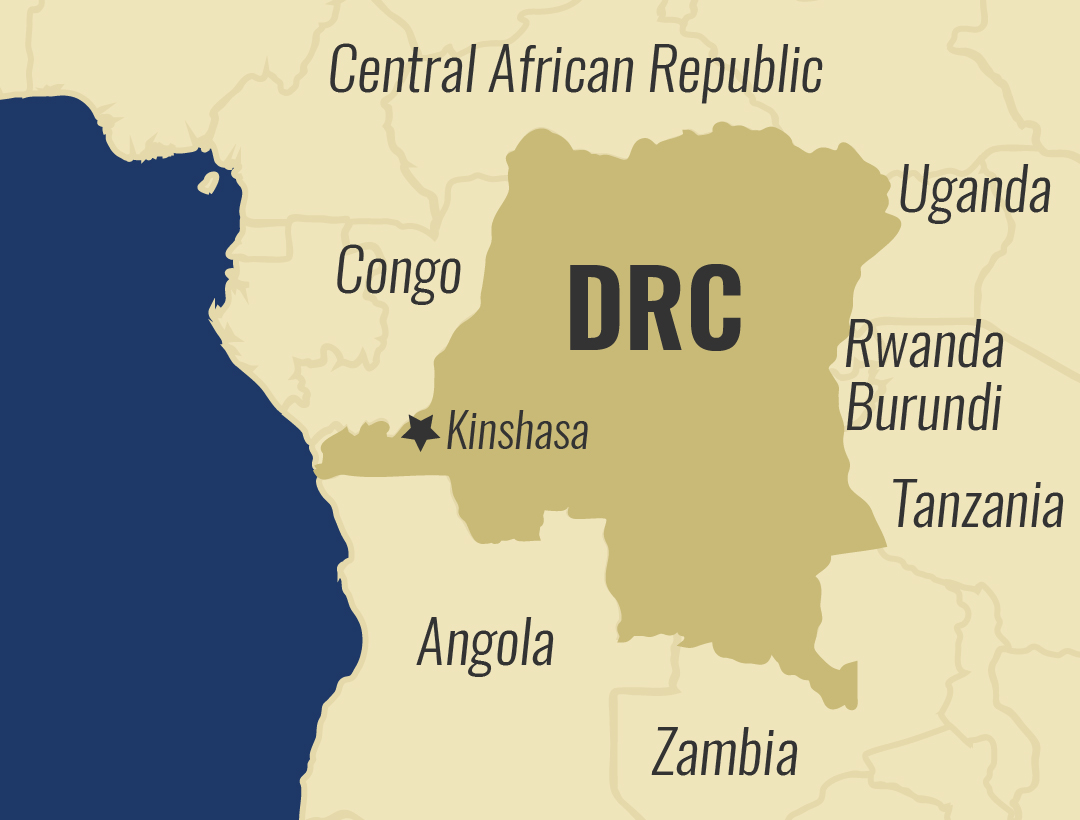Faces of Africa 01/08/2017 Chief Obasanjo at your service
Olusegun Obasanjo was born in 1938 in Abeokuta, Ogun State Nigeria. His parents
could not afford to pay for his tuition fee hence in 1958 at the age of 21 he joined the
Nigerian army.
He acquired vast training on military and was commissioned as an officer in the
Nigerian Army. He was also trained in India at the Defense Services Staff College,
Wellington and at the Indian Army School of Engineering. He served at 1 Area
Command in Kaduna. He was later promoted to Chief Army Engineer and in 1967 he
was made commander of 2 Area.

During the Biafra war, popularly known as the Nigerian Civil War, he commanded
the Army’s 3 Marine Commando Division that took Owerri, effectively bringing an
end to the civil war. Owerri is the capital of Imo State in Nigeria set in the middle of
Igbo land. Before the city was captured in the Biafra war, Owerri was the capital of
the Republic of Biafra in 1969.
But though Obasanjo led towards the victory of the Biafra War, he tells how that did
not come easy. “Having to use Nigerians to fight Nigerians was not a pleasant task to
me. Especially when the officers are people with whom you have grown up with. It
was a harrowing experience,” he told.
In 1976 Obasanjo left the military and headed to Abeokuta where he started poultry
farming, ‘Obasanjo’s poultry farm’, which exists till today. Late in the year he took
over power when General Gowon was deposed by General Murtala Muhammad
because of poor governance and indiscipline in office.
Obasanjo embarked on a policy of boosting the economy by reviving Agriculture and
by improving the oil sector. He founded the Nigerian National Petroleum
Corporation, a joint venture between the Nigerian government and foreign oil
companies.

After two terms in power, he handed over power to Shehu Shagari. Shagari became
the first civilian president after thirteen years of military rule. Obasanjo remained a
politically astute leader remembered for the strict ending of coup regimes that had
become a musical chair in the country. But he also encountered a fair share of
negative remarks from the Nigerian populace.
In 2008, it was recorded that sixteen billion dollars was spent during Obasanjo’s
administration for electricity projects without significantly improving power supply.
Obasanjo’s possible involvement of embezzling funds was not proved but not
investigated either. “There is no honest government that has the authorization to bring
past leaders to court. Because Nigeria is corrupt,” told Femi Kuti – musician.
This is a general problem seemingly inevitable to any African leader.
Now that he is retired, Obasanjo is dedicating his efforts towards the building of his
gigantic library honored in his name, his poultry farms and at times remain vocal
towards the current political issues faced by his country, one recent issue being
insecurity which has become rampant in Nigeria.

But one thing has remained evident about Obasanjo. He never left his culture, the
Igbo culture. This is apparent with his dressing. He has never won a suit. “No, he
doesn’t have one (suit) He may have gone round the whole world but the essential
Obasanjo never left Igbo his village,” told Ayo Aderinwale – businessman.
“I believe that your culture is also part of your identity and that is something you
should never allow to be taken away from you,” told Obasanjo.





